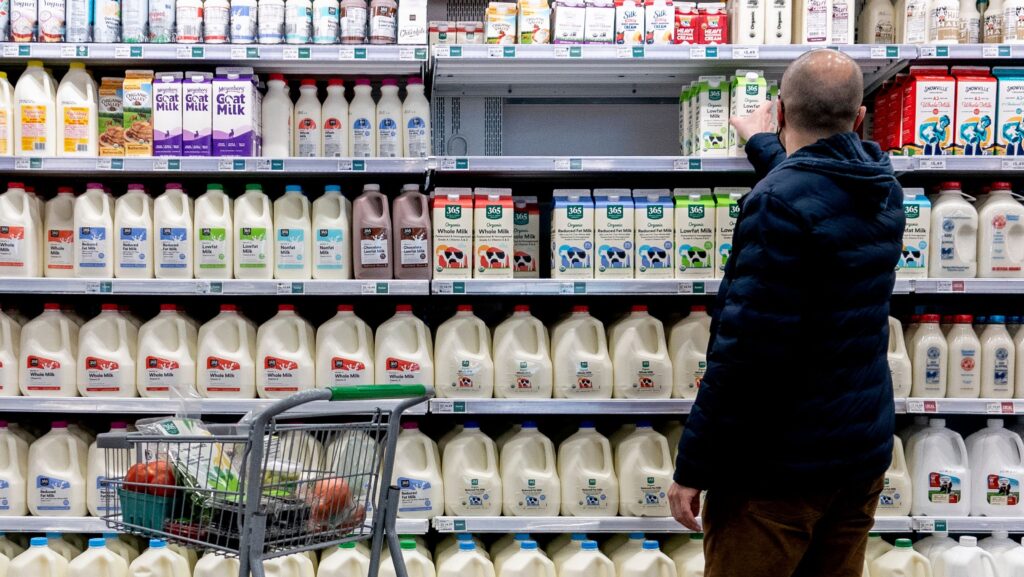President Donald Trump has implemented significant tariffs on imports from Canada, Mexico, and China, signaling potential economic repercussions. Oil stands out as the primary import from Canada to the U.S., highlighting the impact on energy markets. China exports a substantial amount of electronics to the U.S., emphasizing the potential disruption in the tech sector. Additionally, popular Chinese imports like textiles, furniture, and toys may face price changes. Mexico’s automotive industry could be affected as cars and car components constitute a major portion of imports from the country.
Trump’s proposed tariffs could lead to price fluctuations in various consumer goods. Alcohol products such as Modelo beer, tequila, and Canadian whisky may see cost adjustments. The agricultural sector, particularly food items like fruits, dairy products, nuts, cacao, vegetable oils, and meats (including pork, fish, and poultry), could experience price shifts. Furthermore, vegetables, especially corn, might be subject to tariff-related price changes.
These tariff implementations have the potential to disrupt trade dynamics, impacting industries and consumers across different sectors. The evolving situation emphasizes the importance of monitoring market trends and potential economic implications stemming from these trade policies.

